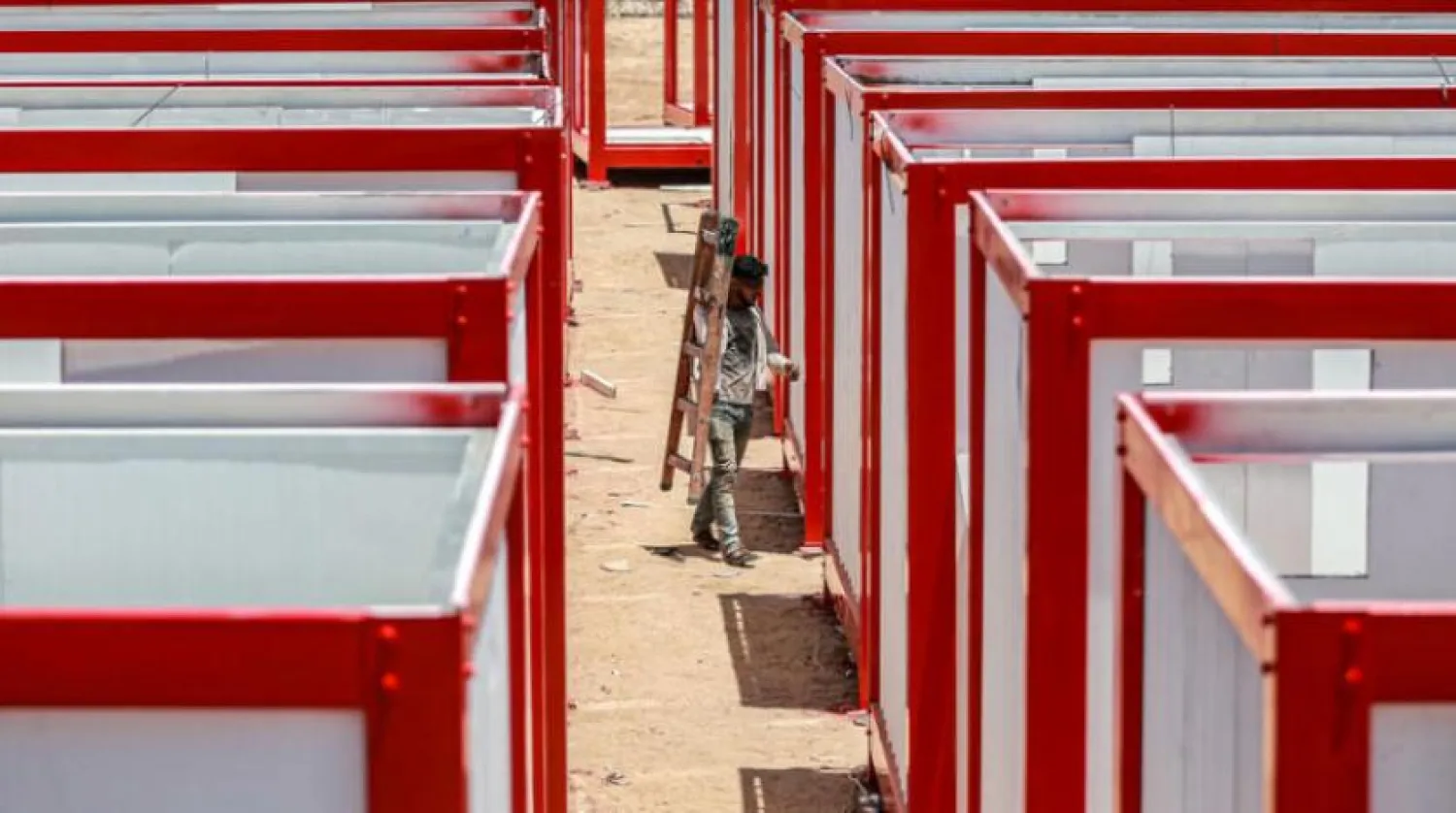The government has been working to boost the health sector’s capabilities to be able to address worst-case scenarios during the coronavirus outbreak, said Palestinian Authority (PA) Prime Minister Mohammad Shtayyeh.
According to Shtayyeh, his government aims at reaching a balance between people's health and their economic interests.
In statements published on his official Facebook page on Saturday, the Premier said he met with the Emergency Committee to Confront Coronavirus to discuss preventive measures taken for the current week.
He then held a meeting with the epidemiological committee to review various scenarios on the pandemic until the end of this year and “put plans to deal with each scenario.”
Shtayyeh expressed hope that citizens would apply all the imposed measures to flatten the curve of infections that is still growing.
The Health Ministry recorded three deaths on Saturday as well as 532 new infections despite lockdown imposed by the PA from Thursday evening till Sunday morning, in an attempt to reduce the number of infections that have been ranging between 400 and 500, on daily basis.
The Ministry said that those who died were from Beit Awwa, Beit Kahil, and al-Eizariya, raising the death toll to 58 since March.
It said 16 of the infected remain in serious condition in intensive care units, seven of which are on ventilators.
The new cases were distributed as follows: 151 in Jerusalem, 52 in Ramallah and al-Bireh, 199 in Hebron, two in Tulkarm, 14 in Bethlehem Governorate, 19 in Jenin, five in Nablus, 22 in Jericho and al-Aghwar, 58 cases in Qalqilya and 10 in Tubas.
Head of Doctors’ Syndicate in Hebron Dr. Wael Abu Snina said the medical cadres in Hebron are very exhausted and suffer great shortage in equipment.
Snina urged the government to speed up the appointment process of the needed medical staff, noting that 15 percent of the staff has been infected with the novel coronavirus in Hebron.
The relatively high rate of infections in the Palestinian territories is not comparable to that in Israel.
The Israeli Ministry of Health announced recording six new deaths on Friday, bringing the death toll to 392, as well as 1,929 new infections in 24 hours, bringing the total number of infection cases to 47,459.
It said 208 of those infected are in serious condition, while 56 are on ventilators.









